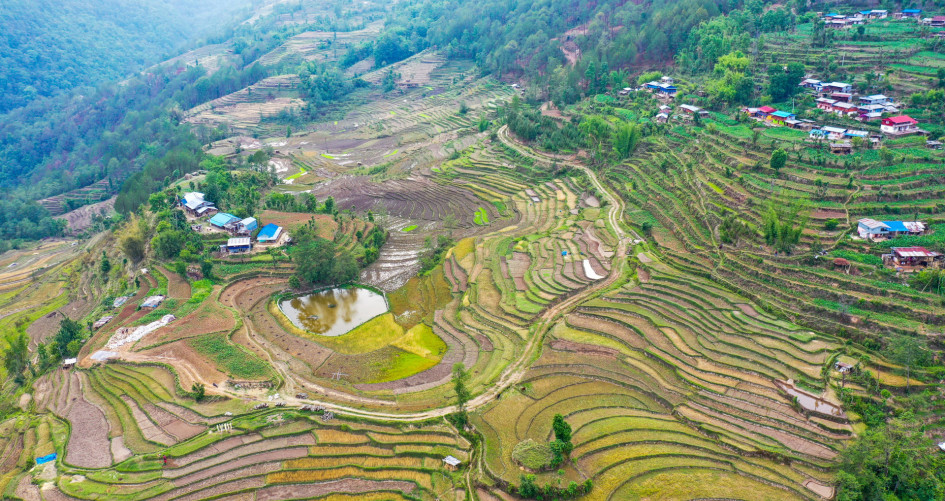
Credit: Marcus Nield
UN Climate Change News– In a positive sign for the battle against climate change, a record 11 countries submitted national adaptation plans (NAPs) to the United Nations Framework Convention on Climate Change (UNFCCC) secretariat in 2023.
In doing so, these countries demonstrated their commitment to adapting to the adverse impacts of climate change, outlining prioritized actions for a given period, informing implementation, monitoring and evaluation efforts.
More progress needed, though momentum is building
At COP28, UN Climate Change Executive Secretary Simon Stiell acknowledged the progress made and emphasized the importance of adaptation in building resilience against climate disasters.
“Climate adaptation is a fundamental component of development strategies. National adaptation plans are key for developing countries to identify their resilience-building needs and access the necessary funding to implement adaptation action,” Stiell said.
This call for action underscores the urgency of the climate crisis and the need for countries to move beyond planning and into implementation.
Each NAP contains details about national adaptation planning processes and information on how the process will continue, leading to increased actions. These plans are crucial for building resilience to climate change and reducing vulnerability.
NAP implementation, funding and support
The Green Climate Fund (GCF) plays a critical role in supporting the implementation of NAPs. As of November 2023, 44 developing countries with submitted NAPs had received approval for 83 adaptation projects from the GCF. This translates to a total of USD 18.6 billion, with USD 5.3 billion directly provided by the GCF.
“We look forward to the implementation of NAPs and to seeing their outcomes in reduced vulnerability, strengthened resilience and boosted capacity,” said Gabriel Kpaka, Chair of the UNFCCC Least Developed Countries Expert Group (LEG). “We are also looking forward to hosting countries at the NAP Expo 2024 in Bangladesh to exchange experiences and plans to implement the adaptation actions identified in these important documents.”
The NAP Country Platform, taking place at the NAP Expo 2024, will provide a platform for collaboration to accelerate progress and drive adaptation actions globally.
Continuous improvement and increased support
While the record number of NAPs submitted in 2023 is promising, continued progress is needed. Parties are encouraged to continue refining their NAPs, adopting an iterative approach that allows for improvement and adaptation over time.
Additionally, increased international support is crucial to ensure that developing countries have the resources needed to implement their NAPs effectively.
The 11 NAPs received by UNFCCC in 2023 – in reverse order of submission date – were from the Marshall Islands, Burundi, Argentina, Zambia, Bhutan, Pakistan, Mozambique, Papua New Guinea, Bangladesh, Ecuador and Haiti.
The first ever NAP was submitted by Burkina Faso in 2015 and, as of today, 52 NAPs have been received from developing countries, and one from a developed country.
According to the 2023 progress report on NAPs published by the LEG at the end of November 2023, 142 developing countries that are Parties to UNFCCC are undertaking measures to formulate and implement NAPs.
The process to formulate and implement NAPs was established in 2010. It is the main delivery mechanism for coordinating and driving the climate actions of all actors and stakeholders in pursuit of adaptation goals at national level. It follows a continuous, progressive and iterative process that is country-driven, gender-sensitive, participatory and fully transparent.
Read more: https://unfccc.int/news/record-number-of-national-adaptation-plans-submitted-in-2023-but-more-are-needed




